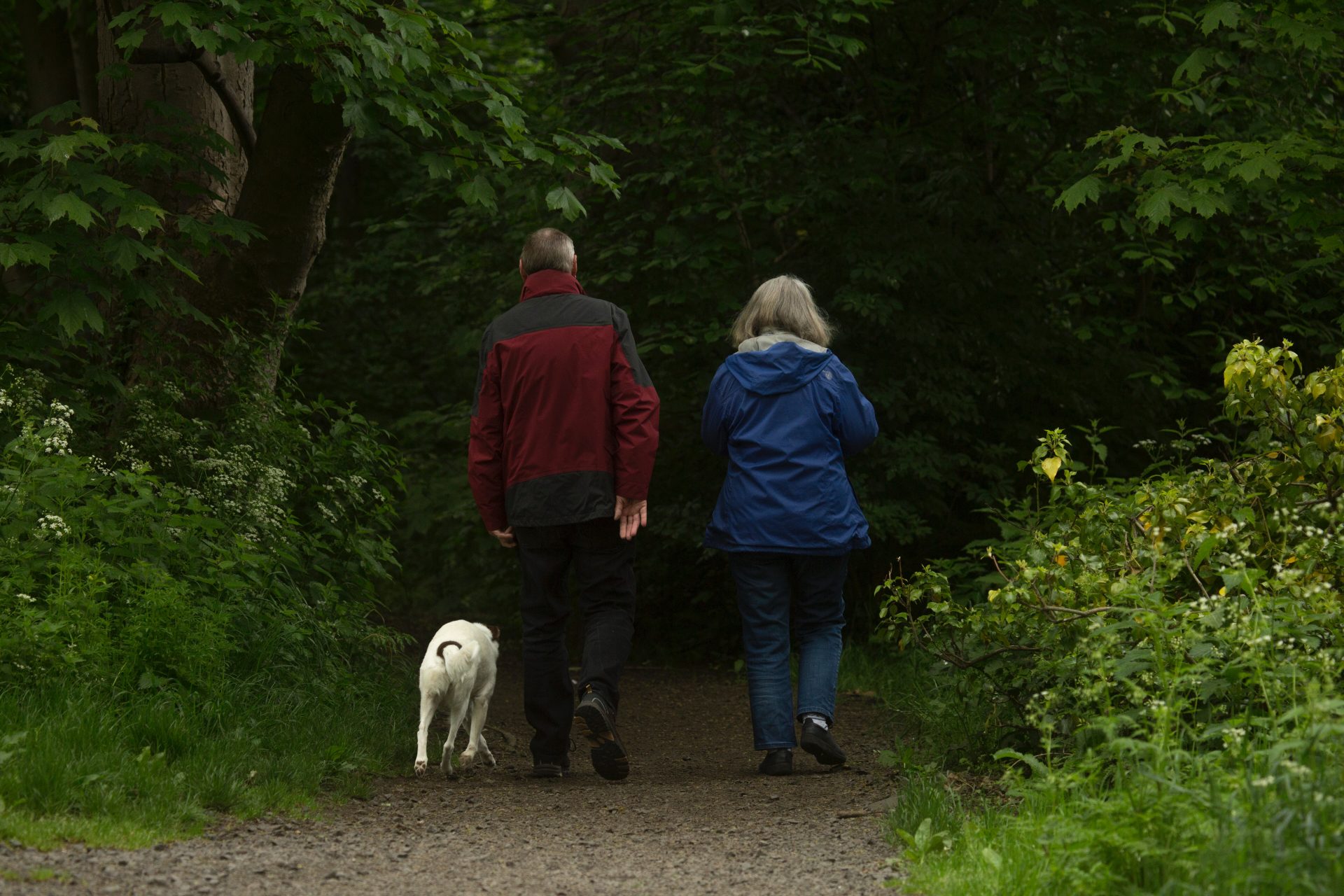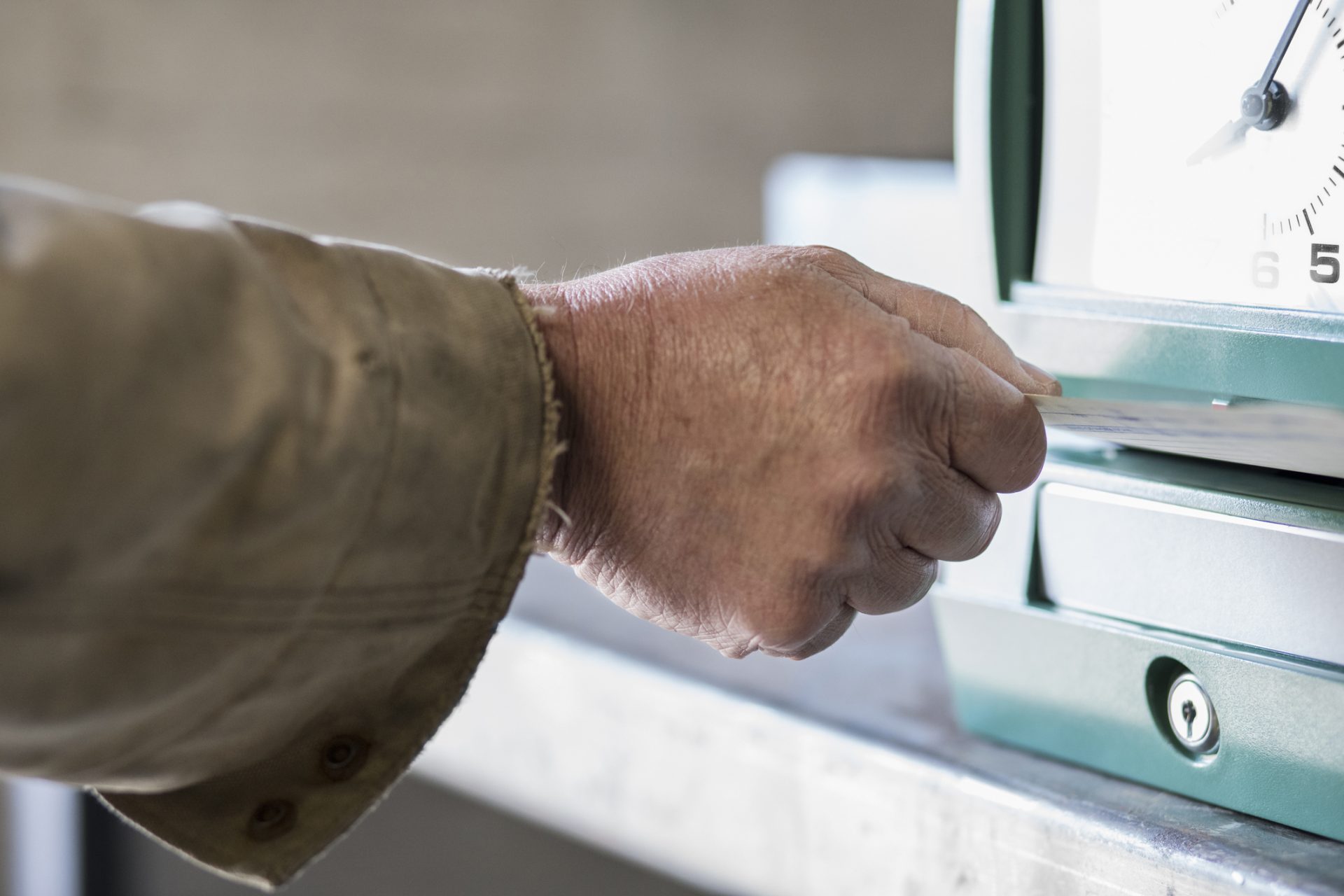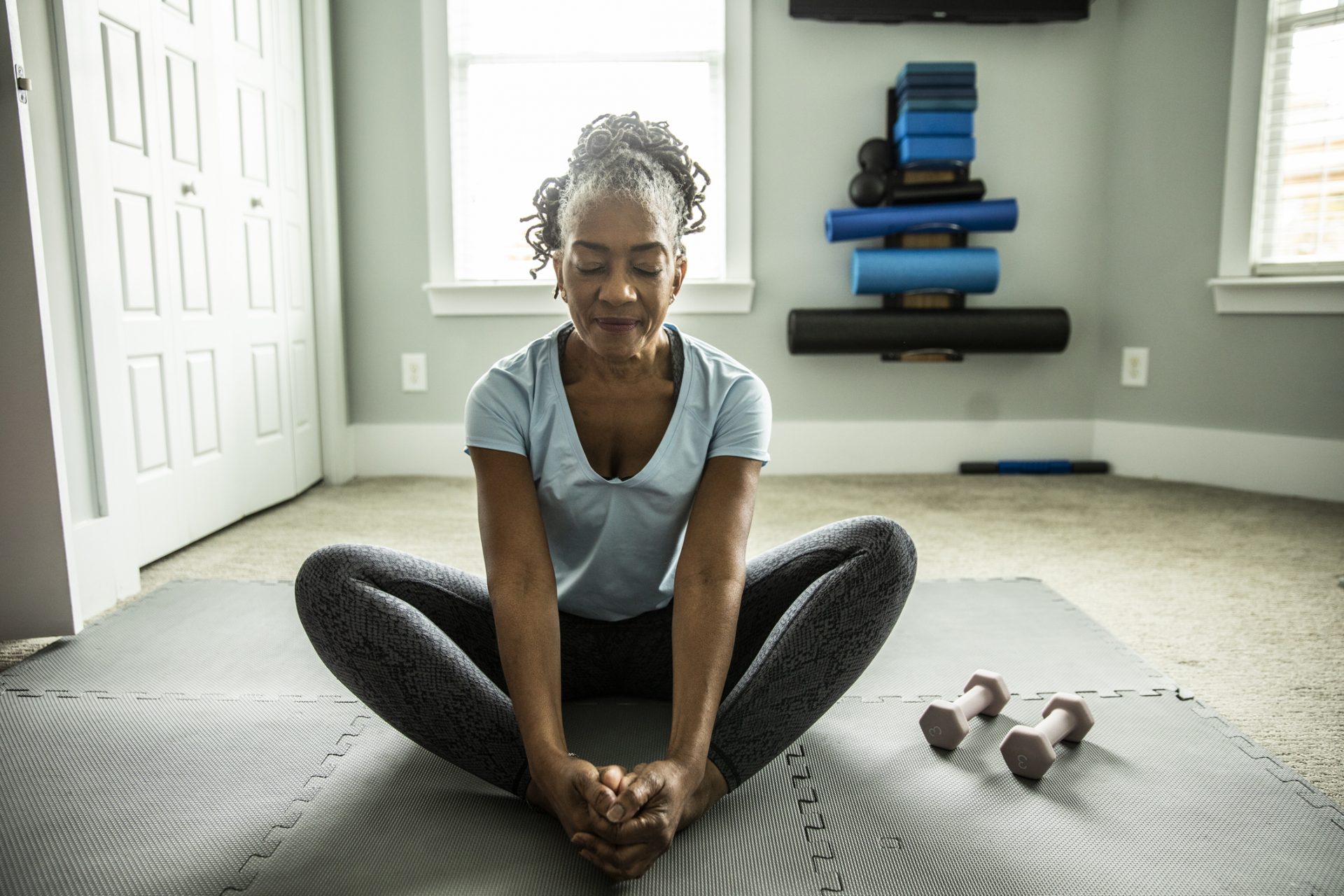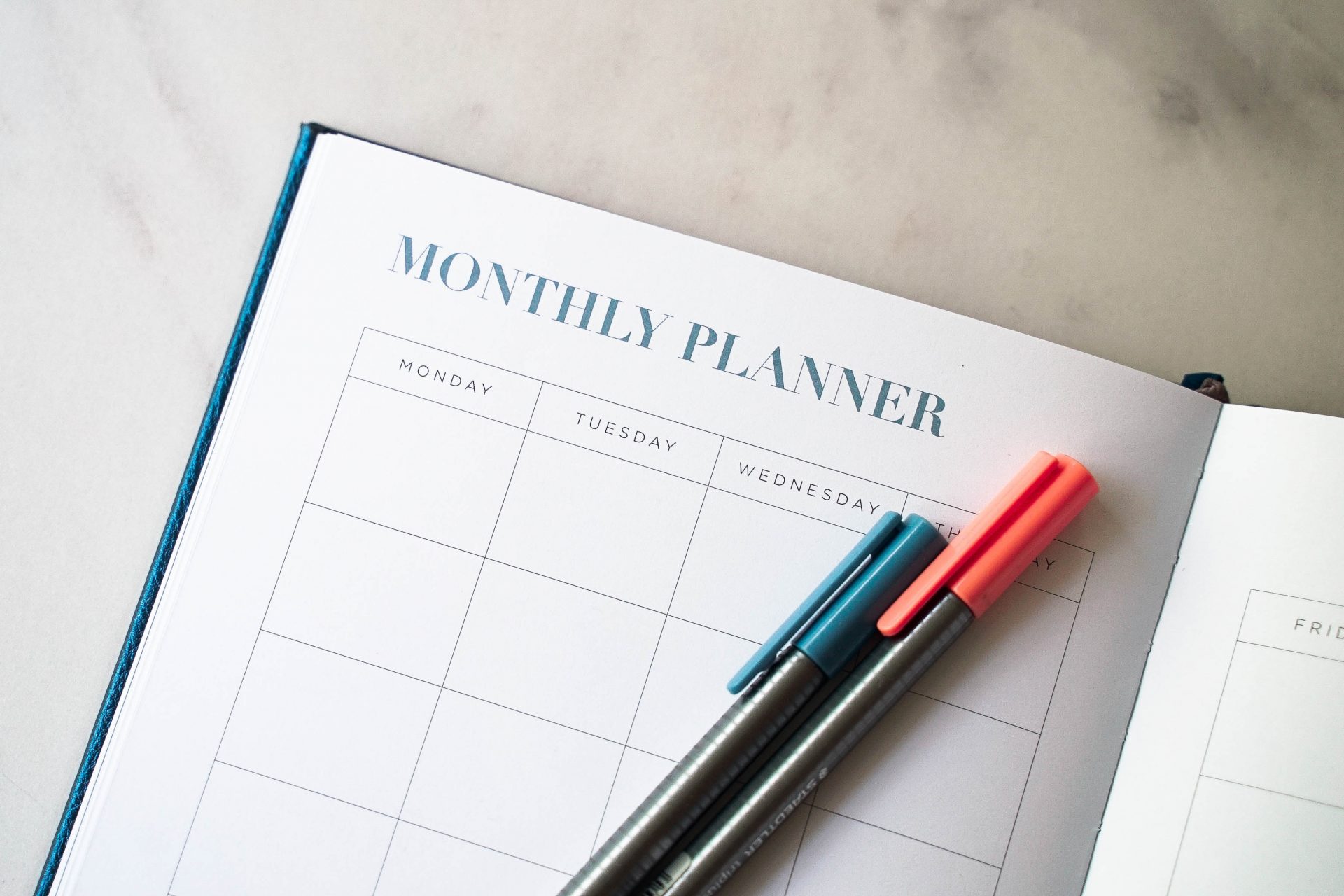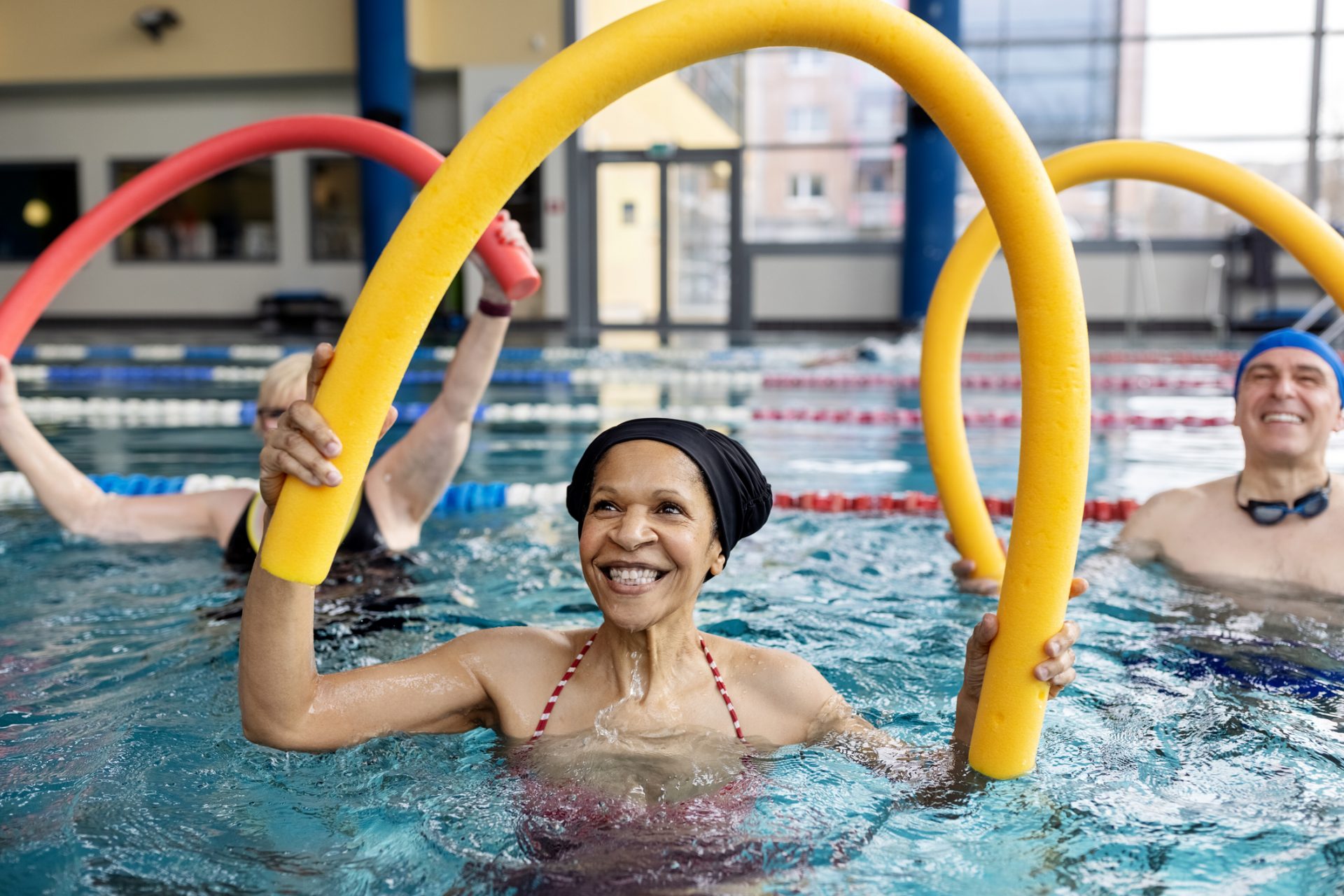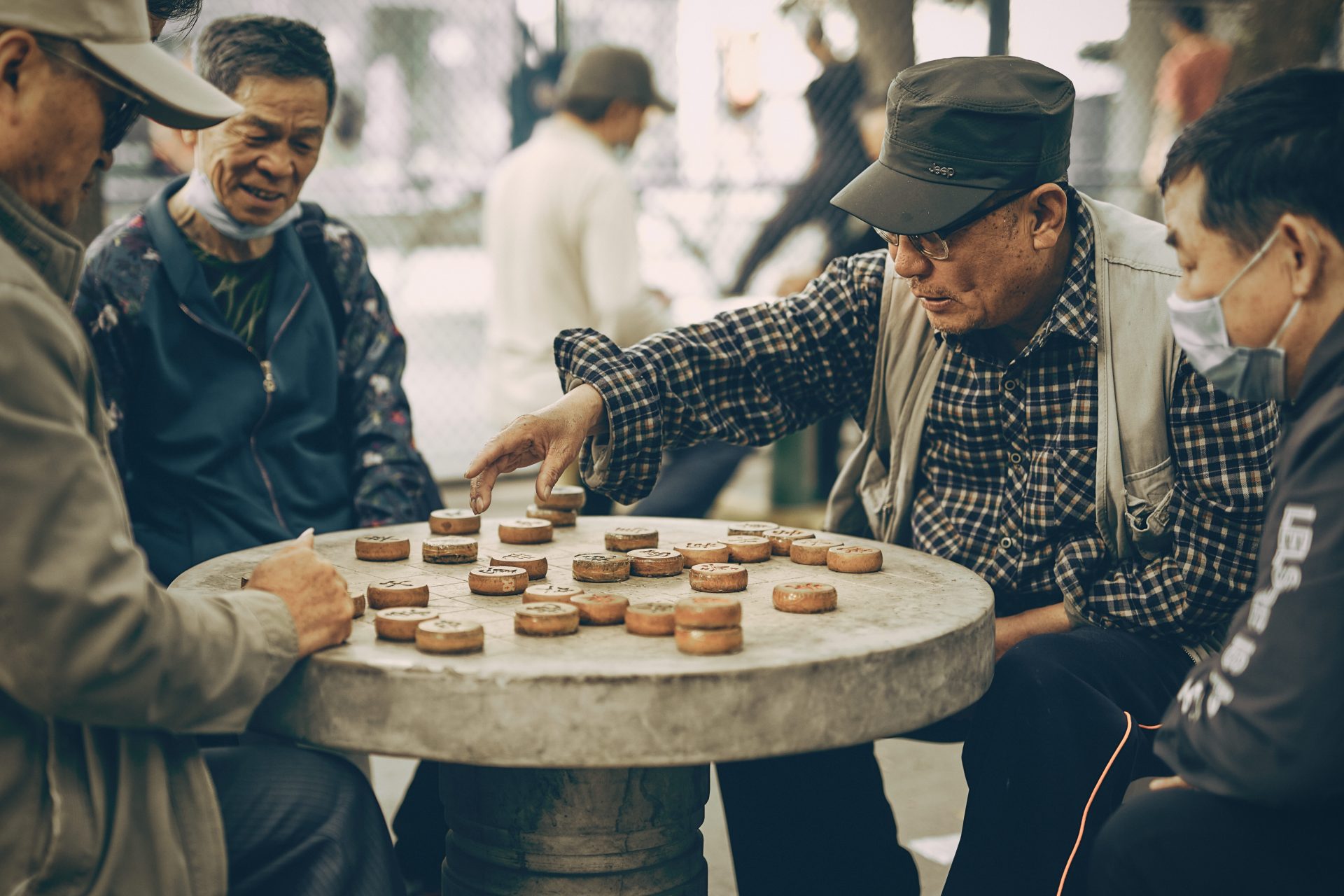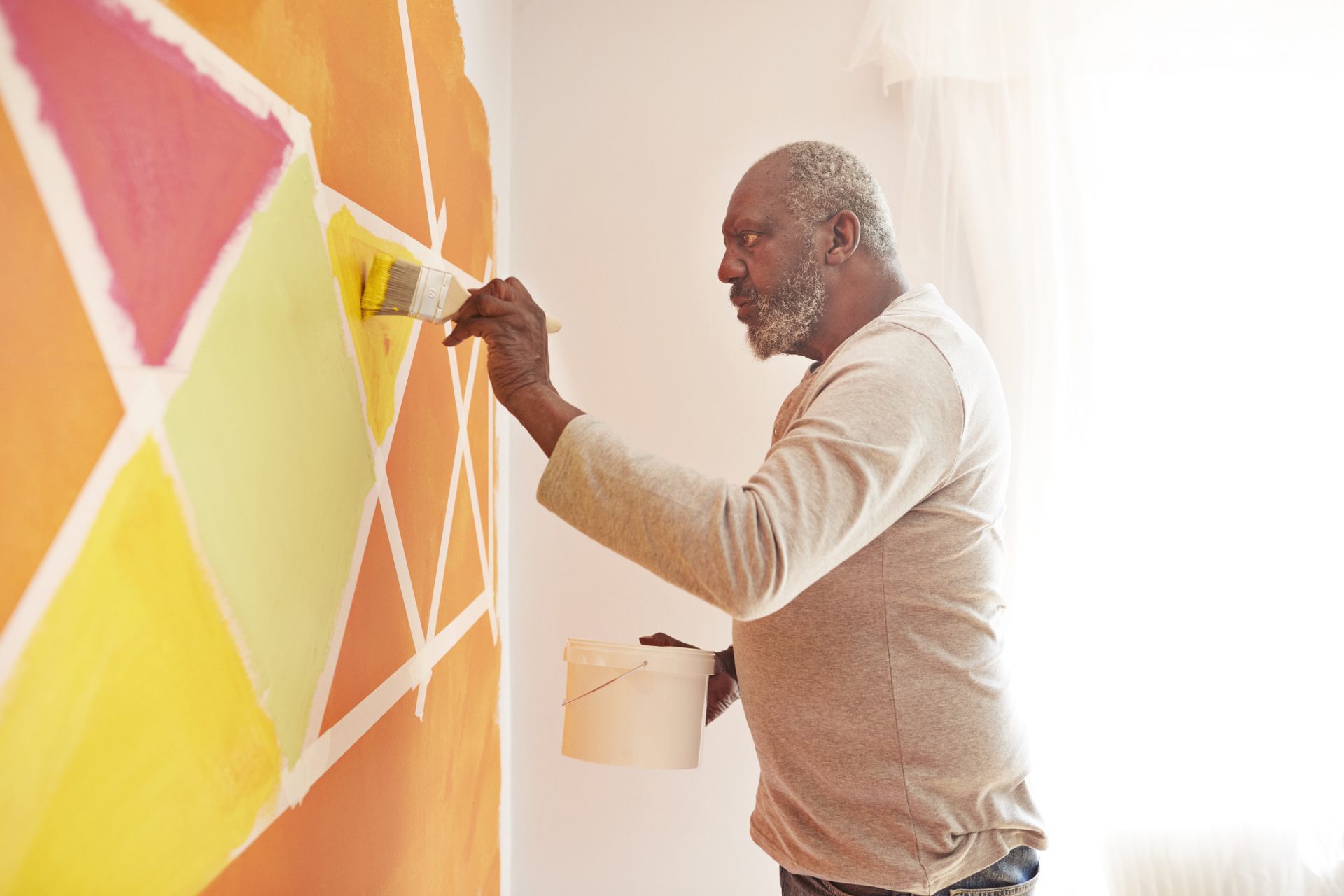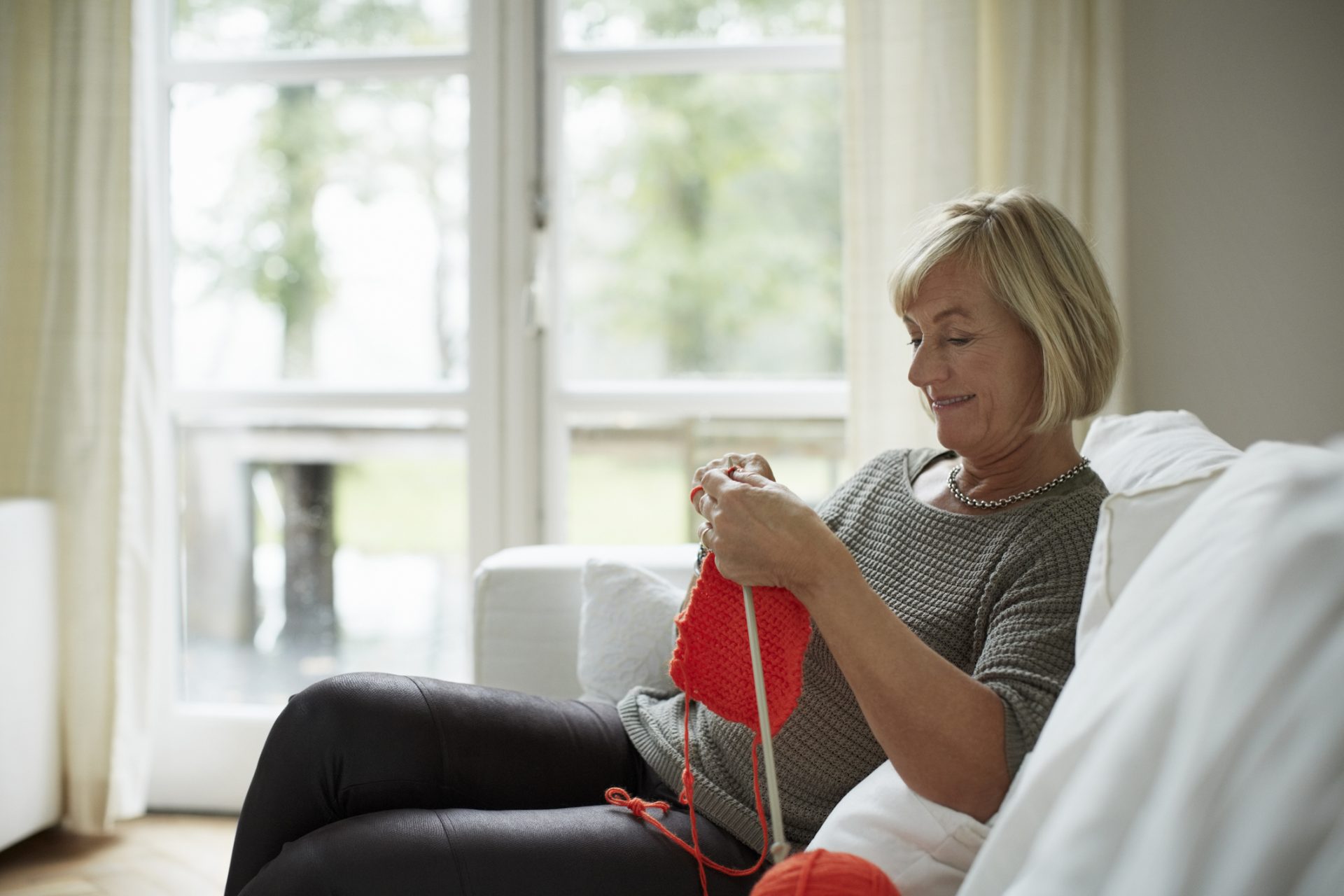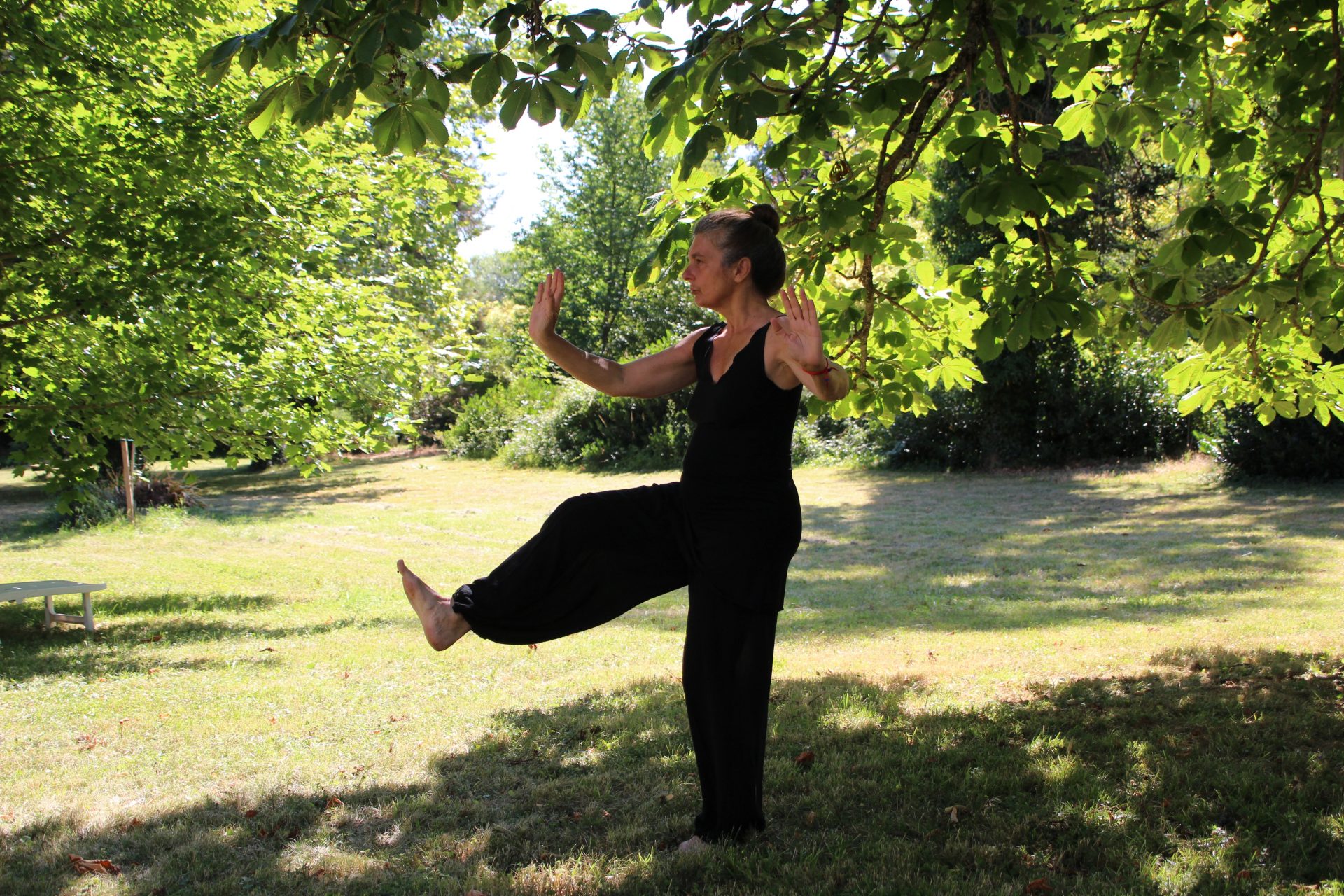How to mentally and emotionally prepare for retirement
“For many people, their work offers meaning and purpose in their lives. When their job is gone, it can be difficult to fill that gap with something else,” says Iris Waichler, a clinical social worker to PsychCentral.
Photo: Aaron Andrew Ang/Unsplash
If possible, the British Heart Foundation, recommends retiring in stages to ensure a smoother transition. By decreasing your workload over several years, you can adjust more easily to filling your time in other ways.
Having a schedule can emulate the sense of purpose and structure that employment provides, experts say.
“Put together a calendar that will help keep you busy. Possible things to include are exercise classes, social events with friends, attending lectures, or spending time with family,” says Waichler, clinical social worker. “It helps you to be more in control of your schedule and your life.”
Photo: 2H Media/Unsplash
According to the Mayo Clinic, exercise can help ease depression by releasing feel-good endorphins. Plus, it can help you connect with others, or with yourself while filling your time in a healthy way.
If you have limited mobility, consider doing activities such as swimming, gardening, chair yoga, tai chi, cooking, knitting, fishing, puzzles and games.
Photo: Vlad Sarah/Unsplash
Even if you stop working, you can stay in touch with your former co-workers. Experts also recommend to make plans with friends and family and to check out social and cultural events happening in your community.
Photo: Zhang Kaiyv/Unsplash
According to the American Psychological Association (APA), working and volunteering have been shown to prevent depression, as well as symptoms of dementia and hypertension.
Several studies have shown that there are many health benefits of learning in later life, such as, improving neurone regeneration, reducing the risk of memory loss and lowering stress levels.
Photo: Hans Peter Gauster/Unsplash
So consider learning a new skill, such as a language, an instrument or getting a qualification, as they can give you health benefits and joy.
Another way of enjoying your retirement is to take up a new project, something that you’d always wanted to do but never got around to. Perhaps writing a book or renovating your home.
According to the National Institute of Health, personal projects, engagement and completion are linked to overall mental health.
You can also practice mindfulness while completing your project, while doing a physical activity or a hobby, such as cooking or knitting. Mindfulness is the ability to be fully present and aware of what we’re doing and it has plenty of health benefits.
According to the American Psychological Association (APA), the daily practice of mindfulness has several benefits, such as stress reduction, reduced rumination, and improved concentration, among many others.
Photo: Monica Leonardi/Unsplash
But all preparations aside, the first step towards enjoying your retirement will probably have to be accepting that your life has changed, whatever that might entail for you personally.
Photo: Debby Hudson/Unsplash
If you’re finding it hard to accept the loss of your old life, or feelings of depression come up, experts recommend talking about it with health care professionals, as well as with friends and family members.
More for you
Top Stories








